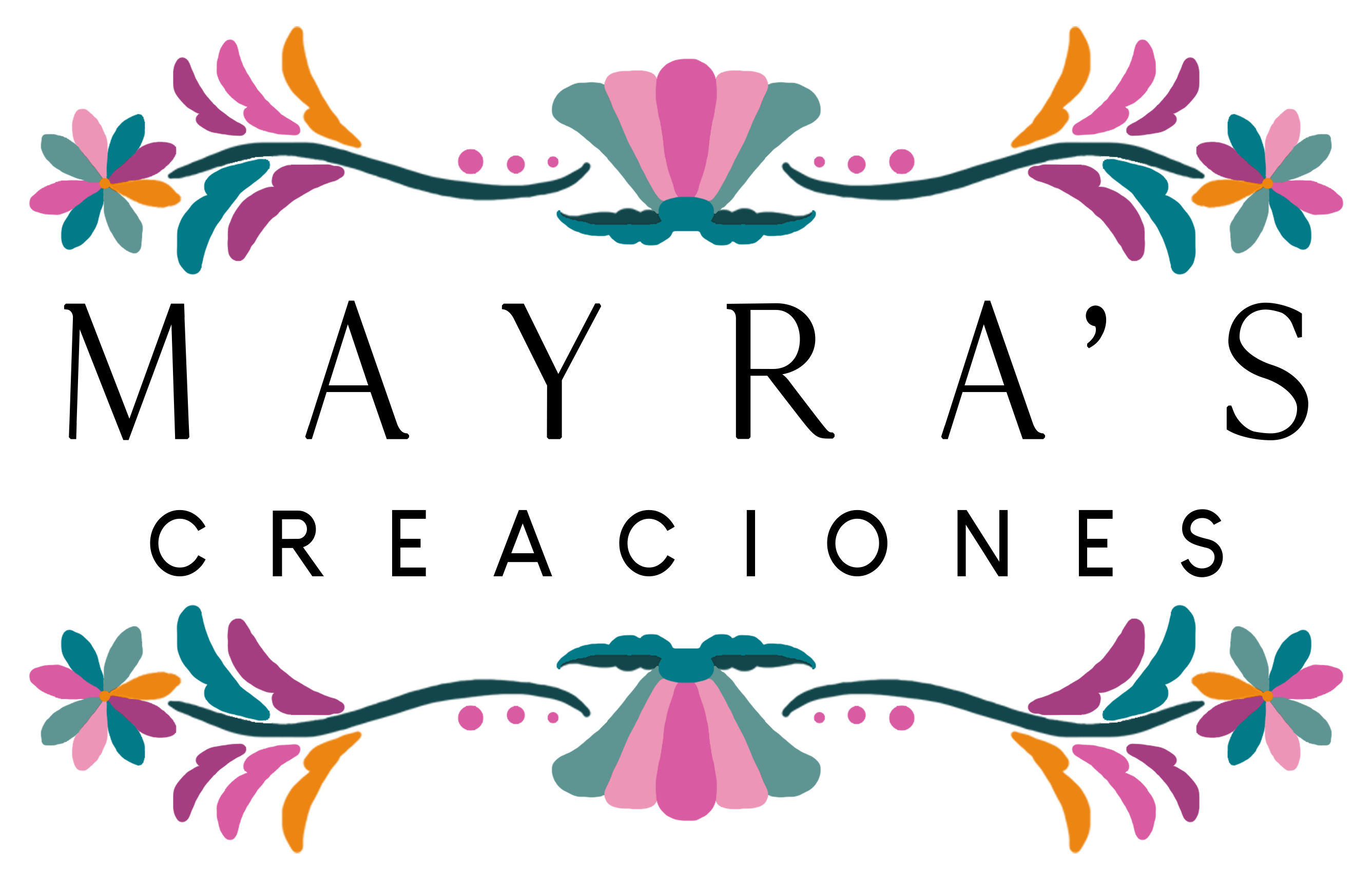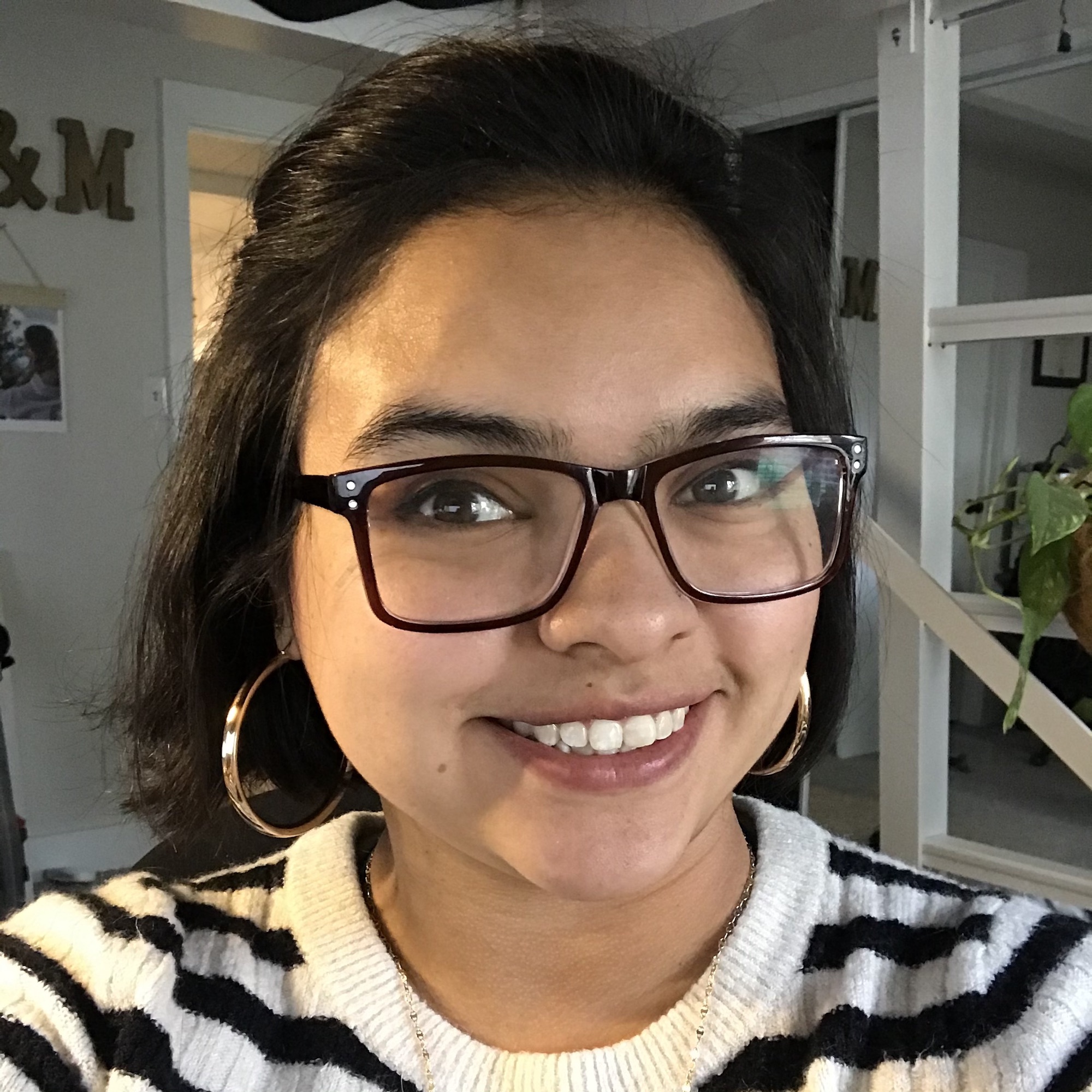As I was cutting each color for the Gather Quilt, I thought about how beautiful each color was on its own. I loved each color (and their name), but one thought that I kept circling back to was this idea of sameness and how we can unintentionally surround ourselves with people who are similar to us whether that is through race and ethnicity, economic status, education attainment, or political affiliations and so much more. Coming from a predominantly black and hispanic neighborhood I was used to seeing diverse faces all the time, but as I have navigated through higher institutions I find myself being one of the few minorities in many rooms. It is in these spaces and in my social circles where I have learned that in our society a person can be told an experience and have a hard time believing it if they have not experienced it or don’t know someone with that experience. Our stance and beliefs become more focused on us rather than listening and learning from strangers and experts. This is something I believe all of us do unintentionally and for that reason, I actively ask myself “who is not in my life” and “whose perspective am I not hearing.” The answers become my guide to action.
This does not mean that to learn more, you should just diversify your social circles. We should not rely on our friends to educate us, especially friends and family who are BIPOC or LGBTQ+. We as individuals need to do the hard work. For me, I have been trying to educate myself by reading, reflecting, and becoming comfortable with discomfort in order to open conversations with loved ones. I am not perfect and I make mistakes like all of us will, but one of the tools that I revisit often is Anti-Racism Daily’s article “Learn how to apologize.” In this journey I have learned that although our intent wasn’t to cause harm, that doesn’t nullify the harm caused and we must learn to really apologize and not use our intention as an excuse.

